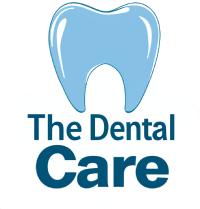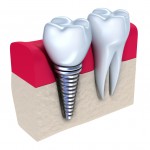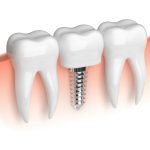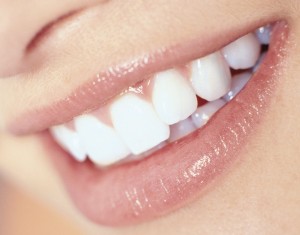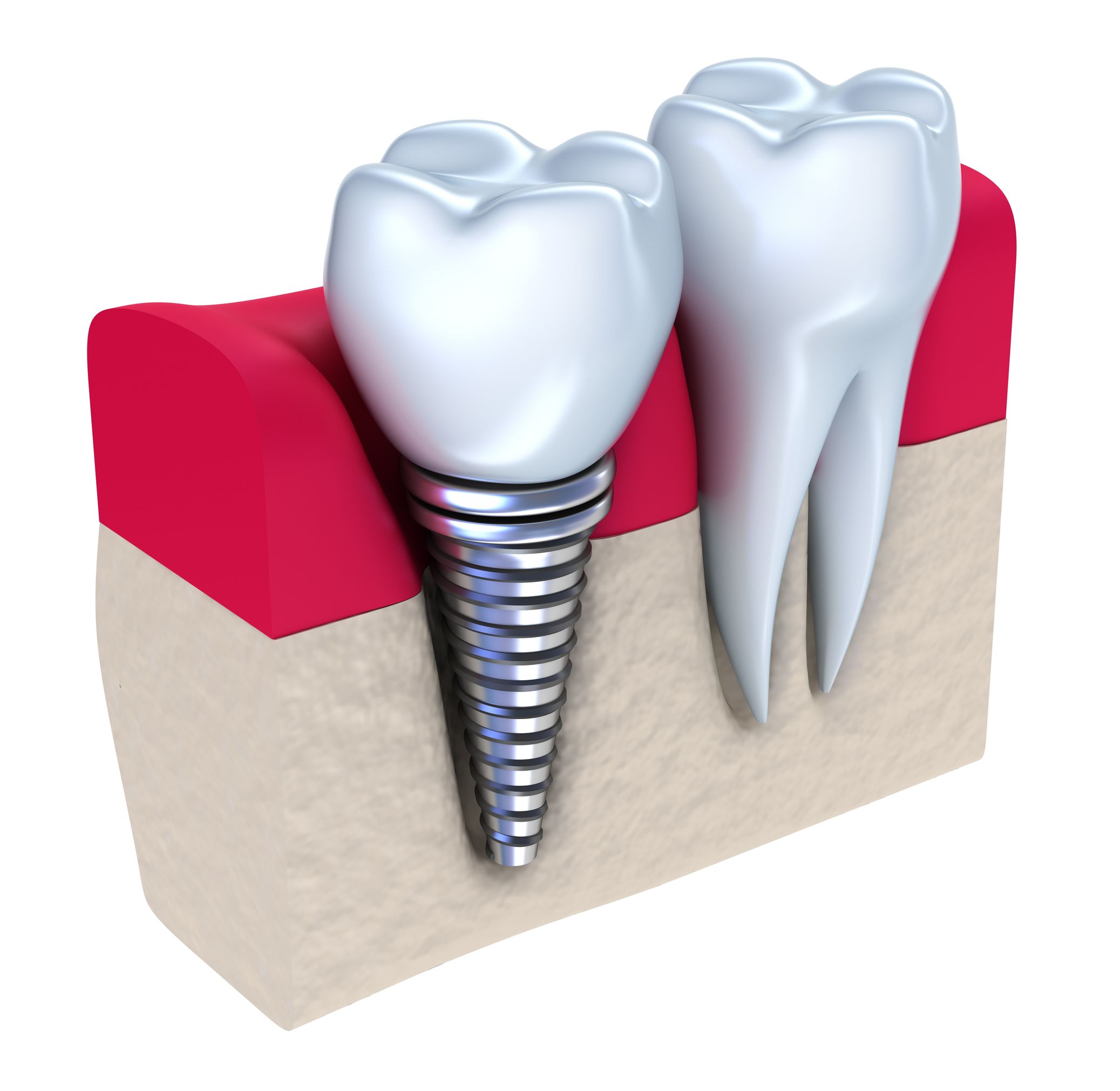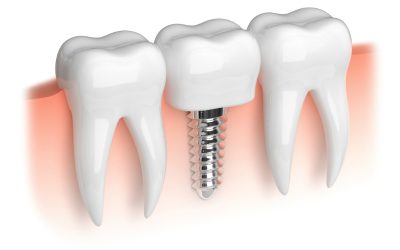It’s never any fun to have dental problems. However, it’s good to know that most dental problems can be prevented and treated with proper care by your dentist in Victor NY and with adequate personal commitment.
Bad breath is a common dental problem. It is also called halitosis, and it can be bothersome and embarrassing. Most cases of consistently bad breath have underlying dental causes. Some common underlying conditions that contribute to halitosis are cavities, oral cancer, gum disease, bacteria on the tongue, and dry mouth. A dentist can help you eradicate bad breath by educating you on more effective dental hygiene, treat cavities, and help you recognize mouth cancer in order to have it treated.
Tooth decay is another common dental problem. In fact, tooth decay is the 2nd most common disease in the United States. Tooth decay is the result of the combination of plaque and sugar. The combination of plaque and sugar produces acids that eat away at the enamel of teeth. The best preventive method for preventing tooth decay is brushing teeth twice each day and flossing once a day, in addition to regular check-ups at your dentist in Victor NY. Other things, like avoiding high-sugar foods, are also somewhat helpful.
Gum Disease is also a common dental problem. It is infection in the gums surrounding the teeth. Less severe gum infection is called gingivitis. When the disease becomes more advanced, it is called periodontal disease. Periodontal disease can cause tooth loss, and is also linked to serious medical problems such as heart attack and stroke. Again, regular brushing, flossing, and check-ups with your dentist is the best way to prevent this
Your dentist in Victor NY can also help you prevent and treat mouth sores. There are different types of mouth sores. They can be extremely painful, and make eating very difficult. Good oral hygiene may sometimes help prevent the onset of painful mouth sores. However, some types of mouth sores are not preventable because it is unclear what causes them. Your dentist may be able to help you identify foods and other factors that seem to be associated with the onset of mouth sores in order to prevent them. Your dentist may also be able to prescribe a topical pain reliever and/or a protective paste to prevent irritation of the sore by teeth and food. Your dentist can also monitor the sore to make sure that it is not something more serious such as cancer.
